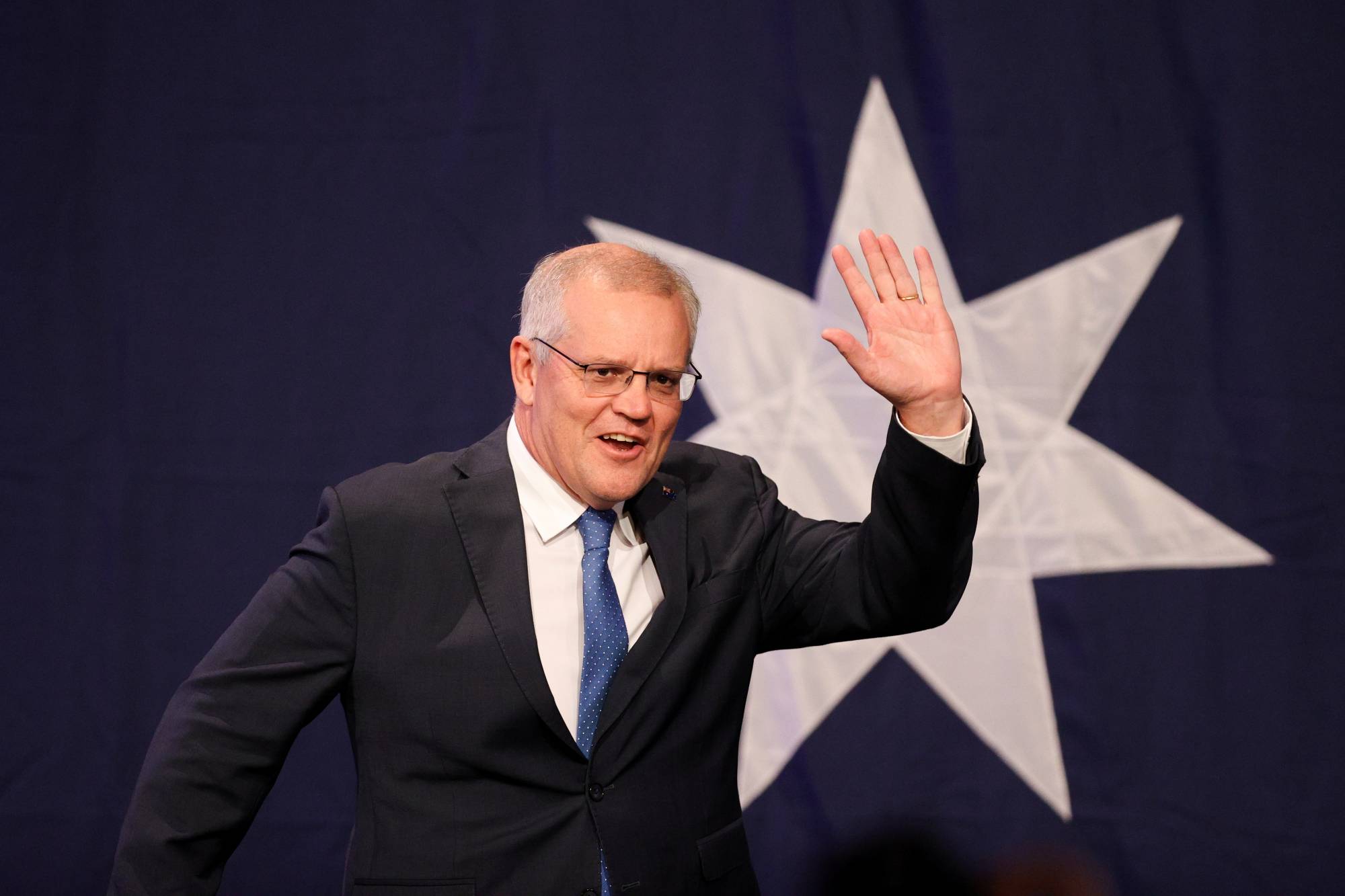Australia continues to be a source of bemused fascination to students of Western parliamentary democracy.
After a pantomime period not so long ago in which the country changed its leader five times in five years, it has now been revealed that our most recently defeated prime minister, Scott Morrison, contrived over the past two years effectively to appoint himself minister to no fewer than five other major government departments. Moreover, Morrison did so without — except in one case — the knowledge or agreement of the minister whose job he was duplicating, and without informing his Cabinet colleagues, parliament, or the Australian public.
That is chutzpah on a scale that might astound even Boris Johnson, the United Kingdom’s soon-to-be ex-prime minister. And the recent verdict on the constitutional propriety of Morrison’s actions by Australia’s solicitor-general is excruciatingly clear. The country’s top nonpolitical lawyer concluded that, while the prime minister’s self-appointments were not illegal, they “fundamentally undermined” the principles of responsible government: “Neither the people nor the Parliament can hold a minister accountable for the exercise (or, just as importantly, for the nonexercise) of particular statutory powers if they are not aware that the minister has those powers.”



















With your current subscription plan you can comment on stories. However, before writing your first comment, please create a display name in the Profile section of your subscriber account page.